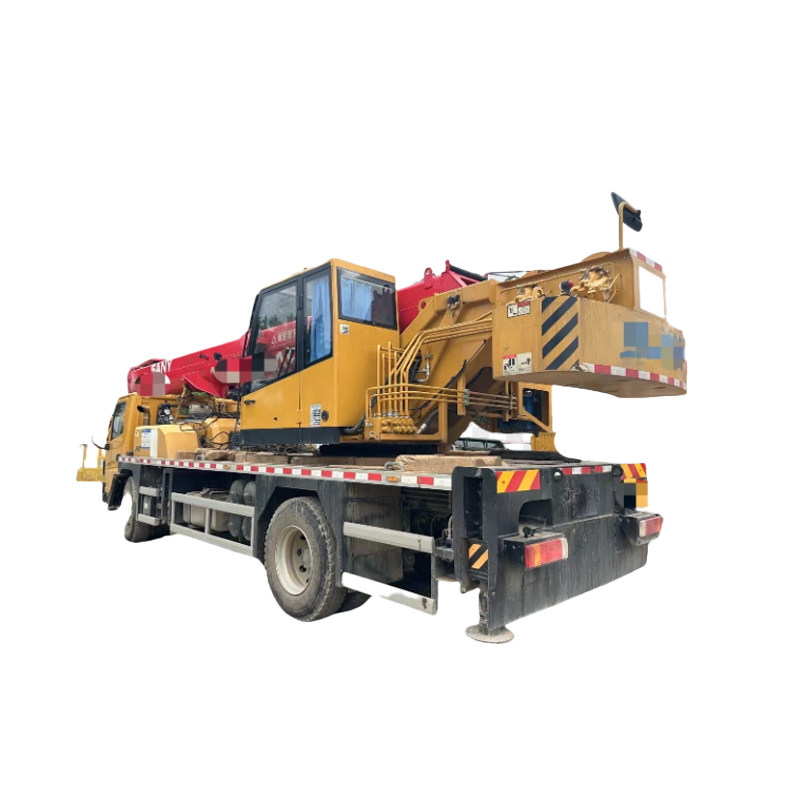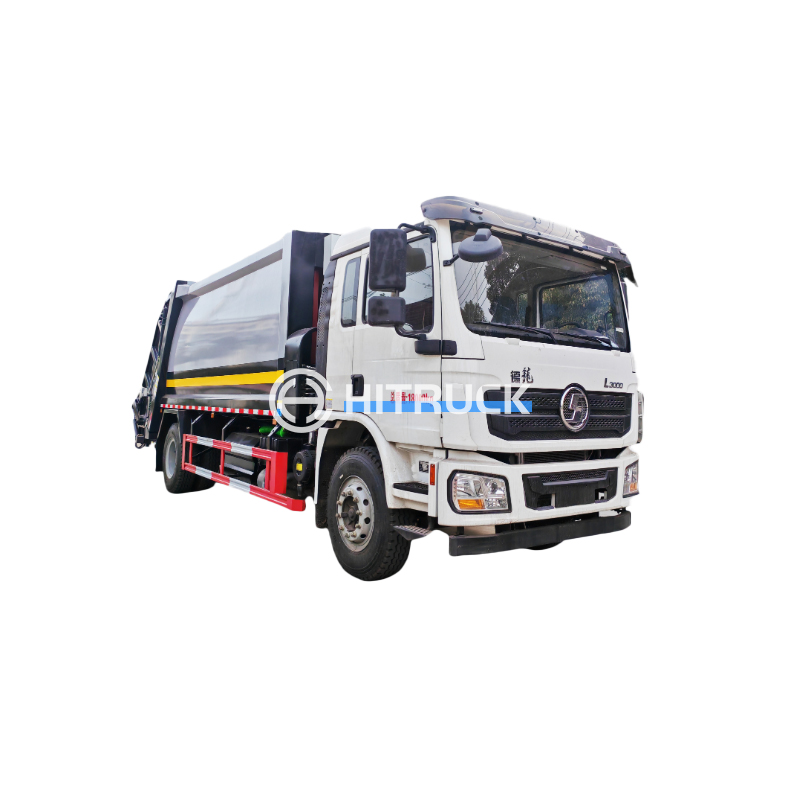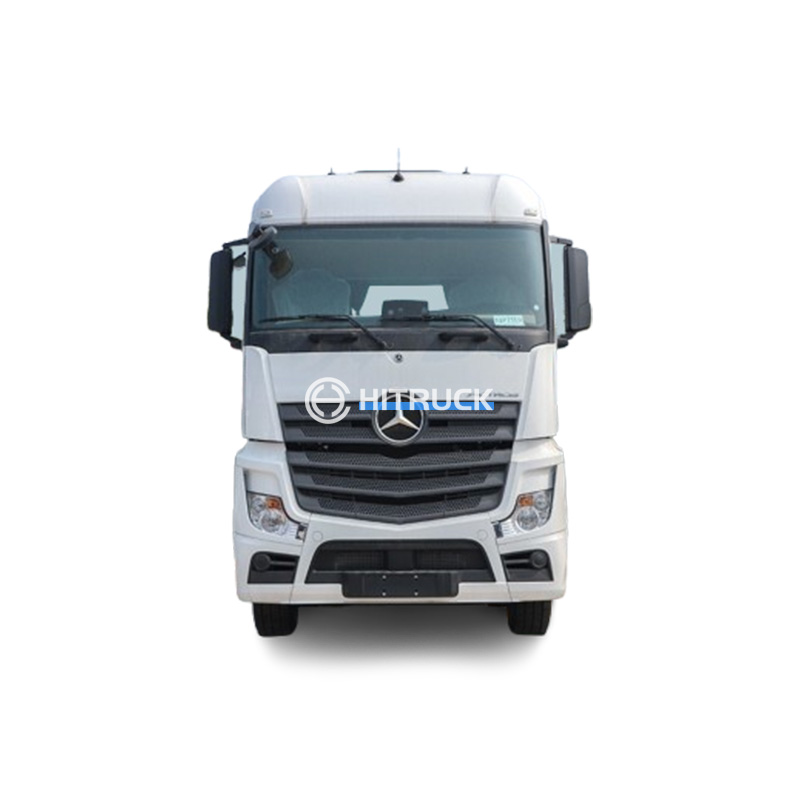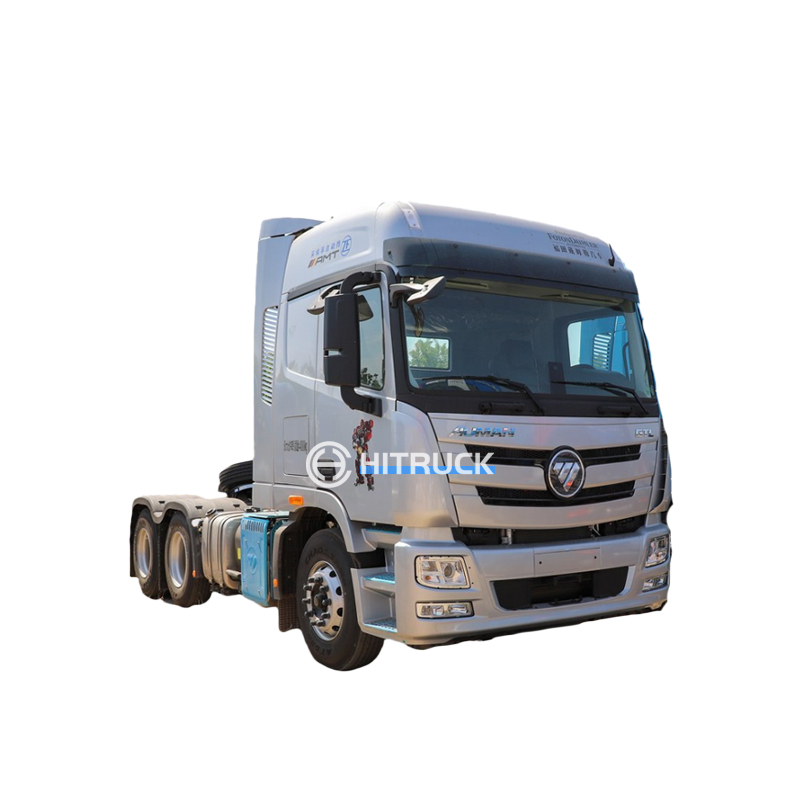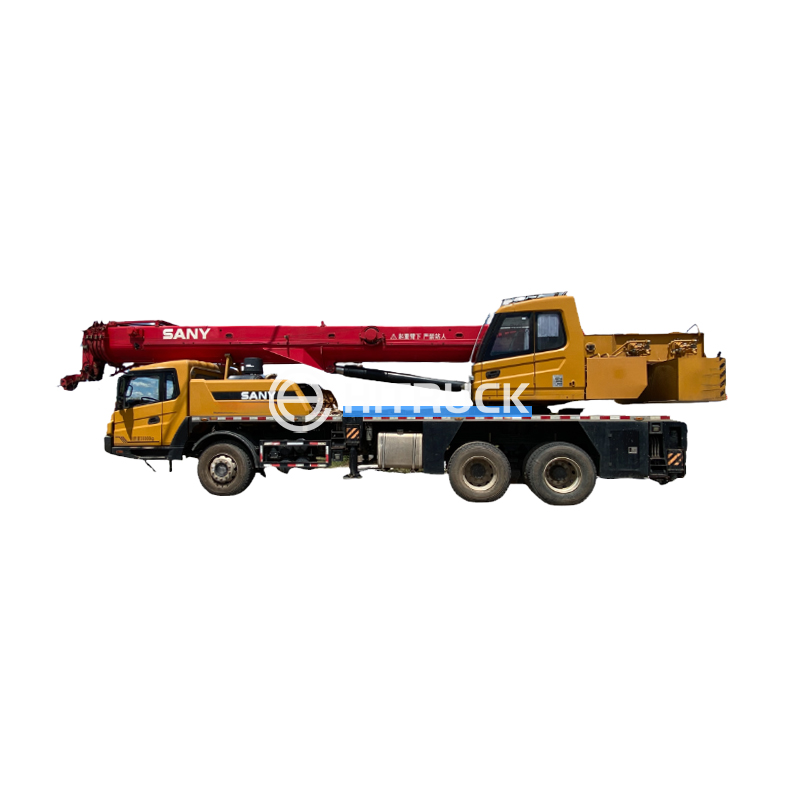This comprehensive guide helps you navigate the market for used water tankers, covering everything from understanding different types and sizes to assessing condition and negotiating a fair price. We'll explore key factors to consider before purchasing a used water tanker, ensuring you make an informed decision that meets your specific requirements and budget. Learn how to find reputable sellers and avoid potential pitfalls in the buying process.
Used water tankers come in a wide range of capacities, from small models suitable for agricultural or construction site use to large-scale tankers for industrial applications or municipal water distribution. Consider the volume of water you need to transport and the accessibility of your intended locations when determining the appropriate size. Tanker dimensions also play a significant role in maneuverability and road suitability.
Tankers are typically constructed from steel, stainless steel, or aluminum. Steel is the most common and cost-effective material, while stainless steel offers superior corrosion resistance. Aluminum is lightweight but can be more expensive. The construction quality, including welding seams and overall structural integrity, is crucial for longevity and safety. Inspecting these aspects carefully is vital when purchasing a used water tanker.
Consider essential features such as pumps, valves, filling and discharge points, and any safety features like overflow protection and pressure gauges. Additional accessories like flow meters, level indicators, or even heating systems might be necessary depending on your intended use. Check if the used water tanker includes these features and their condition.
A thorough inspection is paramount. Check for rust, dents, leaks, and any signs of structural damage. Inspect the tank’s interior for cleanliness and any signs of previous damage or corrosion. Carefully examine all pumps, valves, and other mechanical components for wear and tear. Consider engaging a qualified mechanic for a comprehensive assessment if you lack the necessary expertise.
Request thorough documentation from the seller, including maintenance records, previous inspections, and any accident reports. This history can shed light on the tanker’s condition and potential issues. A clear history boosts your confidence and minimizes future surprises.
Finding a trustworthy seller is crucial. Online marketplaces like Hitruckmall can be a great starting point. However, always conduct due diligence, verifying the seller's legitimacy and reputation. Seeking recommendations from industry contacts or professionals can also prove beneficial. Remember to compare prices from several sources before committing to a purchase.
Thorough research is key to negotiating a fair price for a used water tanker. Consider the tanker’s age, condition, features, and market value. Don't be afraid to negotiate; start with a price lower than your target and be prepared to walk away if the seller isn't willing to compromise. Remember, a fair price reflects the overall value and condition of the used water tanker.
| Feature | Option A | Option B |
|---|---|---|
| Capacity (liters) | 10,000 | 15,000 |
| Material | Steel | Stainless Steel |
| Age (Years) | 5 | 3 |
| Price | $15,000 | $22,000 |
Remember to always prioritize safety and thorough due diligence when purchasing a used water tanker.

